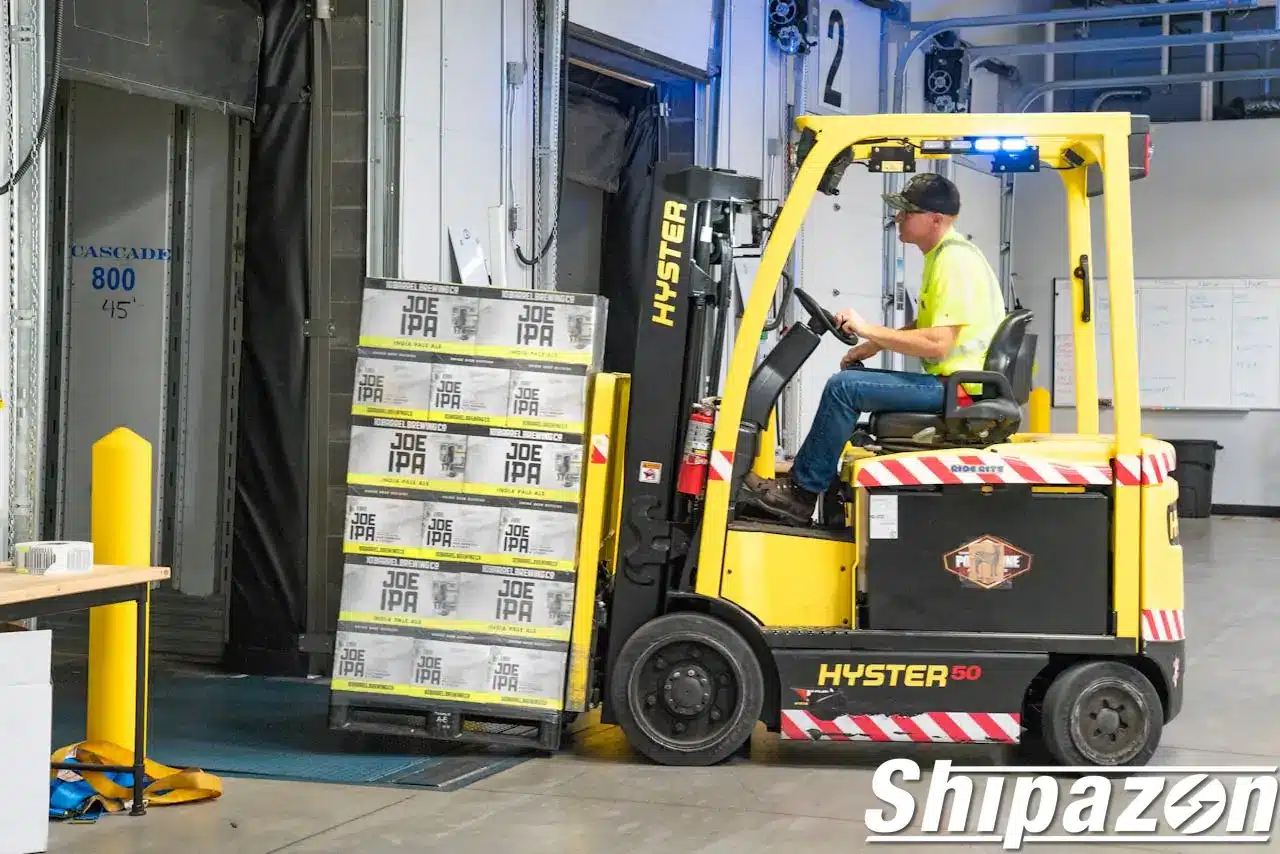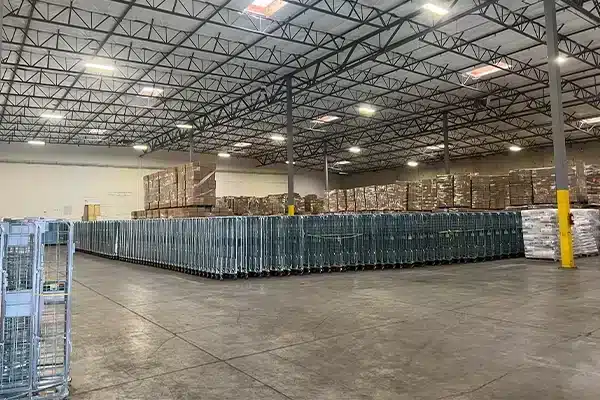Many companies are opting for third party warehouses today because of the numerous benefits they offer. This logistics solution combines the rental of storage space and logistics services from a third party company. Because businesses do not have to deal with warehouse management and distribution, they can concentrate on their core activities.
In addition, these facilities are sponsored by other companies, not the owners of the stored goods. Thus shifting some of the hassle away from them for the costs incurred in the warehousing and distribution process. In essence, this is not a standalone approach as there is always an effort to save on operational costs. Of course, while focusing on cost-saving strategies that increase business productivity within the operational framework.
Order fulfillment centers are very dominant with this service. Especially in stores that deal with e-commerce. Or, wholesalers who expand sophisticated retail sales through supply channels worldwide. The services provided include storing, picking, packing, and shipping goods.
Let’s discuss the benefits, and the factors to consider when choosing a provider of this service.
Contents
Benefits of Using a Third Party Warehouse
Using a third party has a number of advantages that can provide significant benefits to companies. Especially in terms of operational efficiency and logistics management. What are they?
Cost Reduction
Renting third-party storage space can reduce fixed costs. Especially those related to maintaining your own storage facility. For example, initial investment costs, building management, and utilities. Companies also do not need to hire staff to manage the Warehouse. This reduces the cost of salaries and staff training.
Flexibility and Scalability
Companies can easily adjust storage space according to demand fluctuations. For example, increasing or decreasing storage capacity according to the growth of their business. This is especially useful during peak periods, such as the holiday season. Also, it allows companies to more quickly adjust their operations to changes in market demand. Of course, without having to invest in new infrastructure.
Access to Technology and Expertise
Many third-party providers are equipped with the latest technology in inventory management, shipment tracking, and automation. This can improve operational accuracy and efficiency. The use of sophisticated systems also gives companies access to analyze data related to inventory and shipments. This helps in better decision making.
Focus on Core Business
By outsourcing logistics functions, companies can focus more on other important aspects of the business. For example, product development and marketing, without being distracted by logistics management. In this way, companies can further encourage innovation and growth in other areas.
Logistics Services
In addition to storage, many third-party providers offer additional services, such as picking, packing, labeling, and shipping goods to customers.
Delivery Speed
Many third-party providers have extensive distribution networks, allowing for faster delivery of goods to customers. An efficient order fulfillment process not only speeds up delivery times. It also increases customer satisfaction.
Risk Management
Using a third-party service reduces the risks associated with owning and managing a storage facility. Many warehouse providers are equipped with good security systems. This protects goods from damage or loss.
Factors to Consider
Choosing a third-party provider is necessary to ensure the efficiency and success of logistics operations. However, there are several important factors to consider. First, location. The location of the warehouse greatly influences shipping efficiency. Choosing a facility that is close to major markets or transportation routes will speed up the distribution process.
Second, the services offered. Make sure the provider offers services that suit the specific needs of your business. For example, warehousing and fulfillment. Although both are closely related in the context of logistics, they play different roles in the supply chain. Warehousing focuses on storing and managing inventory. While fulfillment focuses on fulfilling orders and shipping to customers.
Third, security. Make sure your partner is reliable and has a reputation. Especially in providing storage facilities that have adequate security systems to protect goods from loss or damage.
Third Party Warehouse Logistics Solutions
For effective and reliable third-party logistics solutions, Shipazon is worth considering. The services offered are complete. Starting from storing goods, Final-Mile Delivery, including Order Fulfillment. This is the management of the order fulfillment process for B2B and B2C, including picking, packing, and shipping.
Our warehouse location in Kent, WA, is also strategic and superior logistically because it is close to the port and major transportation routes. In addition to core services, Shipazon also offers value-added services such as product distribution throughout Washington State, freight rework, and material replenishment for construction sites. This can help you optimize your logistics process, increase efficiency, and ultimately increase customer satisfaction.
“Since 2016, I’ve seen firsthand how the right logistics partner can transform a business. At Shipazon, our goal is simple: provide fast, flexible, and reliable fulfillment so our clients can scale with confidence.”
— Andre Ren, Co-Founder & Logistics Manager at Shipazon




